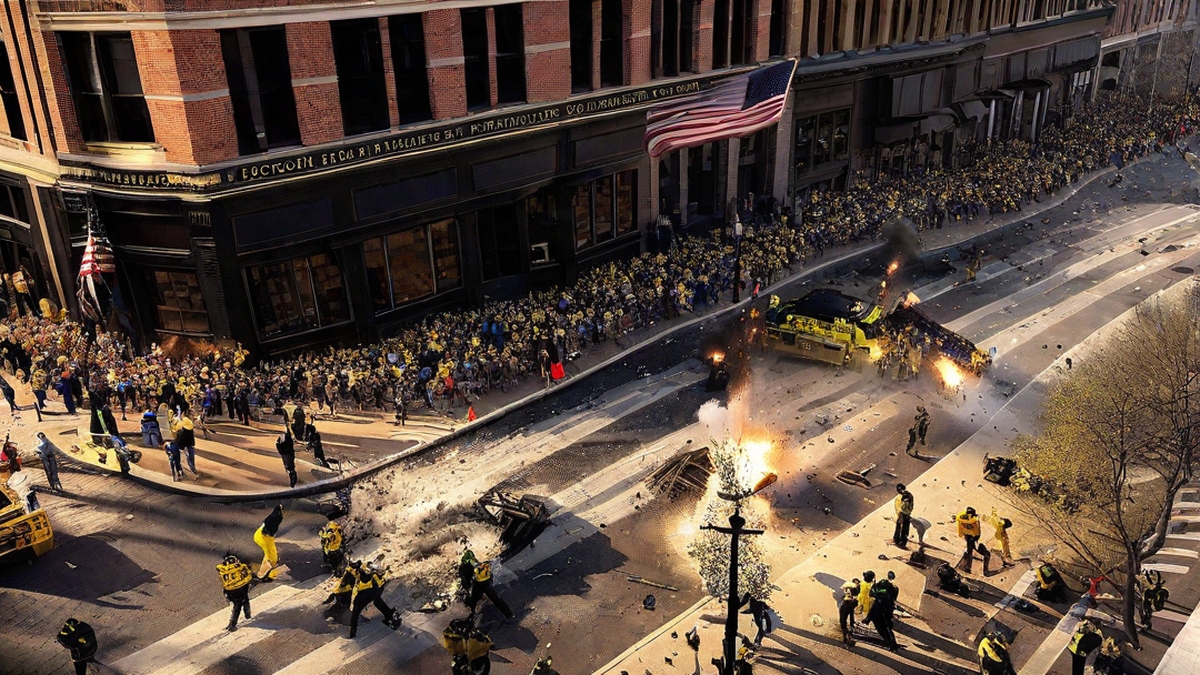As a sports enthusiast and a writer, I feel compelled to explore the tragic event that occurred at the Boston Marathon on April 15, 2013. It was a day that forever changed the lives of countless individuals and left a lasting impact on the running community. The bombings that took place during this renowned marathon were acts of terror that shook not only the city of Boston, but the entire nation.
The Boston Marathon, held annually on Patriot’s Day, is one of the most prestigious and celebrated races in the world. It attracts thousands of runners from across the globe, all striving to test their limits and achieve their personal bests. The marathon is a symbol of strength, resilience, and the indomitable human spirit.
On that fateful day, as participants and spectators gathered near the finish line on Boylston Street, two bombs detonated, causing chaos, panic, and a wave of devastation. The explosions took the lives of three innocent individuals, including an 8-year-old boy, and injured more than 260 others. These senseless acts of violence targeted not only the runners but the spectators who had come to support and cheer them on.
The immediate aftermath of the bombings was filled with confusion and disbelief. As news spread, the city went into lockdown, and the search for the perpetrators began. The FBI launched a massive investigation that spanned several days, eventually leading to the identification and capture of the individuals responsible.
The impact of these bombings reached far beyond the physical injuries and loss of life. The sense of security that runners and spectators once felt while participating in or attending marathons was shattered. The running community stood united, determined not to be intimidated or deterred by acts of terror. The Boston Marathon, in particular, became a symbol of resilience and solidarity.
As the years passed, security measures were intensified at marathons worldwide. Bag checks, increased police presence, and strict restrictions on spectators’ access to certain areas became the new norm. While the enhanced security measures are necessary and vital, it is impossible to ignore the profound impact these bombings had on the running community.
The Boston Marathon bombings serve as a somber reminder that even in the midst of a joyous and celebratory event, evil can emerge. However, the response to this tragedy also showcased the power of unity and the resilience of the human spirit. The running community, and indeed the world, rallied together to support the victims, their families, and the city of Boston.
Today, the Boston Marathon continues to be a symbol of strength and determination. Thousands of runners conquer the 26.2-mile course, not only to prove their physical abilities but to honor the memory of those affected by the bombings. The spirit of the Boston Marathon lives on, undeterred by the darkness that once marred its legacy.
In conclusion, the bombings that occurred at the Boston Marathon in 2013 were a tragic and horrific event. Lives were lost, and countless others were forever changed. However, the response to this act of terror demonstrated the indomitable spirit of the running community and the resilience of humanity. The Boston Marathon stands as a testament to the power of unity, strength, and the unwavering resolve to overcome adversity.

